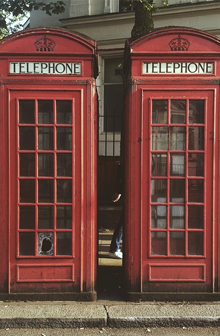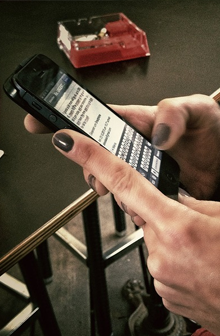Het arrangement Me and my phone hv123 - kopie 1 is gemaakt met Wikiwijs van Kennisnet. Wikiwijs is hét onderwijsplatform waar je leermiddelen zoekt, maakt en deelt.
- Auteur
- Laatst gewijzigd
- Licentie
-
Dit lesmateriaal is gepubliceerd onder de Creative Commons Naamsvermelding-GelijkDelen 4.0 Internationale licentie. Dit houdt in dat je onder de voorwaarde van naamsvermelding en publicatie onder dezelfde licentie vrij bent om:
- het werk te delen - te kopiëren, te verspreiden en door te geven via elk medium of bestandsformaat
- het werk te bewerken - te remixen, te veranderen en afgeleide werken te maken
- voor alle doeleinden, inclusief commerciële doeleinden.
Meer informatie over de CC Naamsvermelding-GelijkDelen 4.0 Internationale licentie.
De module 'Me and my phone' is geschreven en bewerkt door auteurs en medewerkers van StudioVO. Bij het ontwikkelen van het materiaal is gebruik gemaakt van of wordt verwezen naar materiaal van de volgende websites:
- iteslj.org/questions/telephone.html
- www.youtube.com/watch?
- www.cnet.com/news
- www.abcteach.com
- www.theawl.com
- healthland.time.com
- healthland.time.com/
- healthland.time.com
- www.englishpage.com
- www.learnenglishfeelgood.com
- www.eslcafe.com/quiz/past2.html
- www.englisch-hilfen.de/en/exercises
- www.usingenglish.com/quizzes/228.html
- www.perfect-english-grammar.com
- www.bournemouth121.com
- www.connexin.net/internet-acronyms.html
- wabstalk.com
- www.teachingenglish.org.uk
- www.teach-this.com/images/resources
- www.metrolyrics.com
- www.sing365.com/music
- www.azlyrics.com
- www.drabblecast.org
Fair Use
In de Stercollecties van StudioVO wordt gebruik gemaakt van beeld- en filmmateriaal dat beschikbaar is op internet.
Bij het gebruik zijn we uitgegaan van fair use. Meer informatie: Fair use
Mocht u vragen/opmerkingen hebben, neem dan contact op via de helpdesk VO-content.
Aanvullende informatie over dit lesmateriaal
Van dit lesmateriaal is de volgende aanvullende informatie beschikbaar:
- Leerniveau
- HAVO 3;
- Leerinhoud en doelen
- Engels; Lezen; Gesprekken voeren; Spreken; Luisteren en kijken; Schrijven;
- Eindgebruiker
- leerling/student
- Moeilijkheidsgraad
- gemiddeld
- Studiebelasting
- 15 uur 30 minuten
- Trefwoorden
- arrangeerbaar, leerlijn, rearrangeerbare
Gebruikte Wikiwijs Arrangementen
Leermateriaal, StudioVO. (z.d.).
Me and my phone hv123


 What are you able to do?
What are you able to do?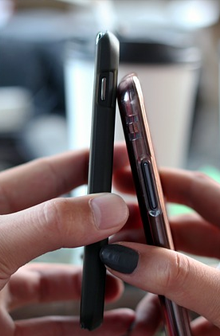
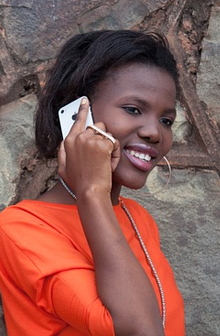 To do
To do
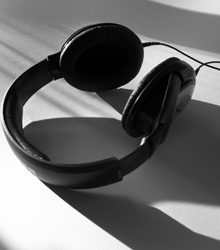 Introduction
Introduction
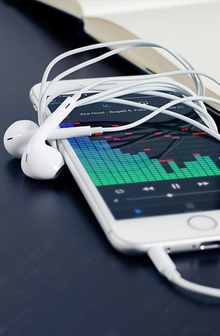 Tips
Tips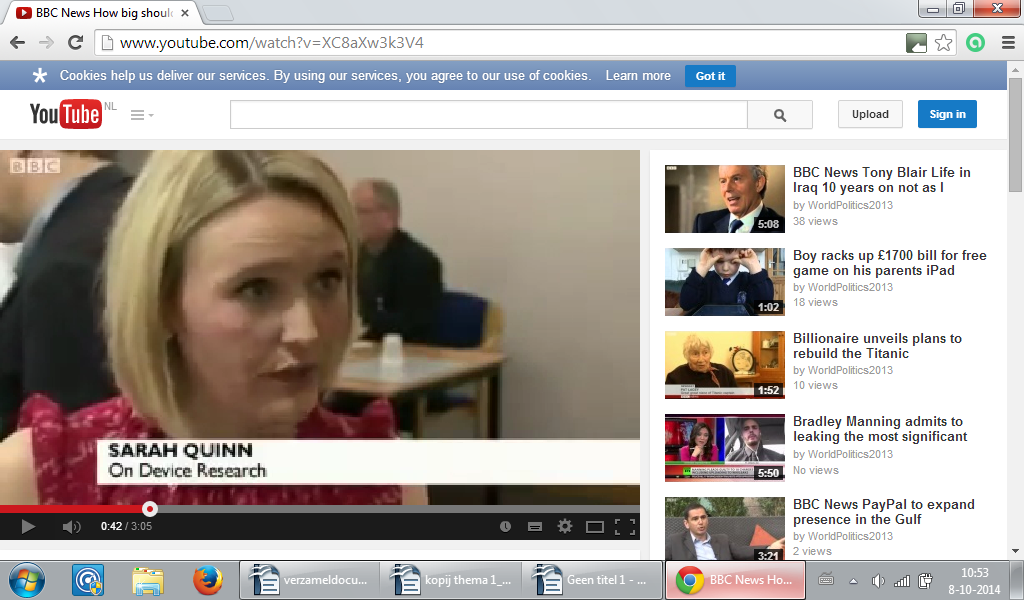
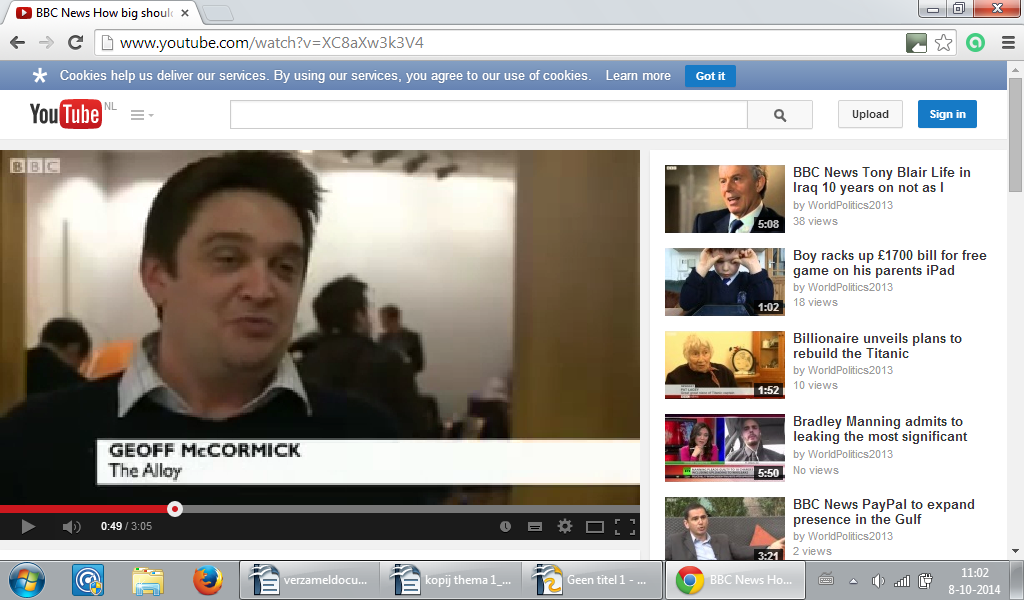
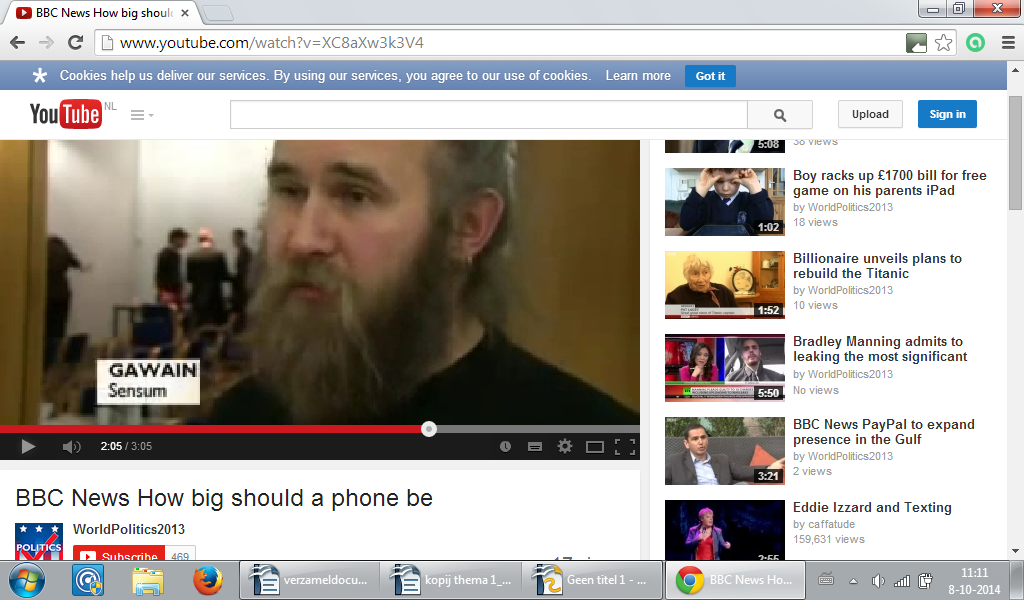
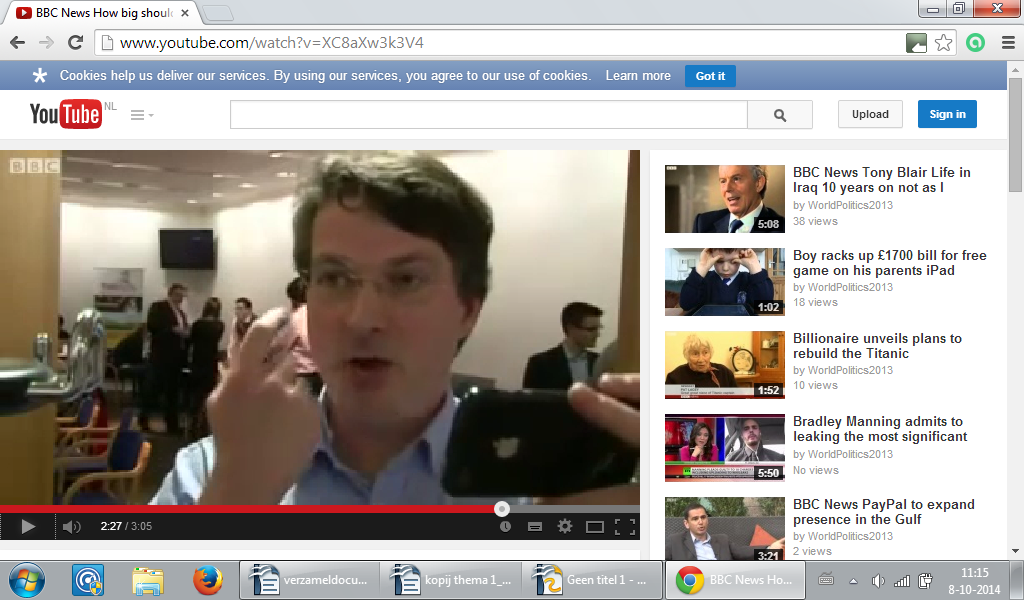
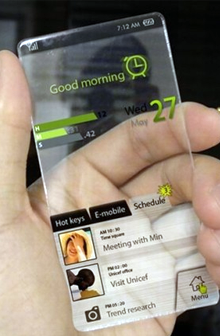
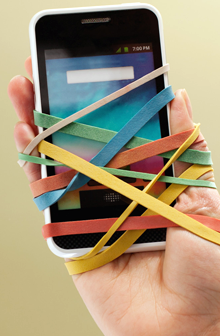

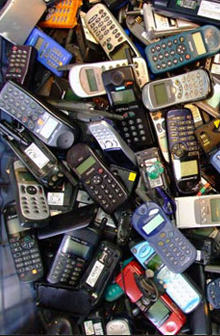
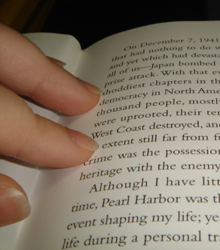 Introduction
Introduction
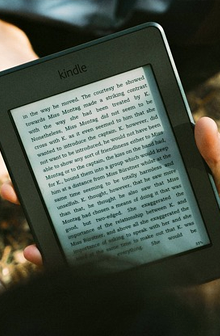 Tips
Tips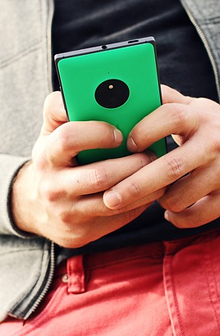 So there I am blabbing away on my mobile phone for what seems like five minutes and a friend taps me on the shoulder and says, "Seriously, dude, you've been on that thing for over an hour."
So there I am blabbing away on my mobile phone for what seems like five minutes and a friend taps me on the shoulder and says, "Seriously, dude, you've been on that thing for over an hour."
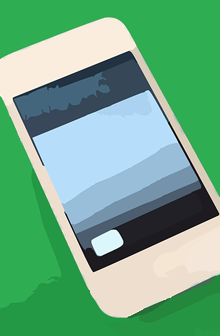 Advantages and Disadvantages
Advantages and Disadvantages
 Deze opdracht gaat over Smartphone addiction
Deze opdracht gaat over Smartphone addiction 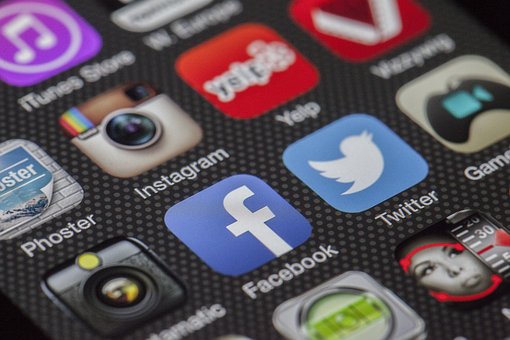
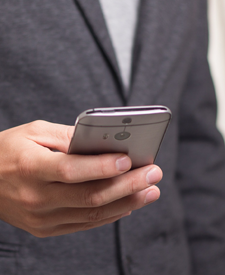 Smartphone addiction
Smartphone addiction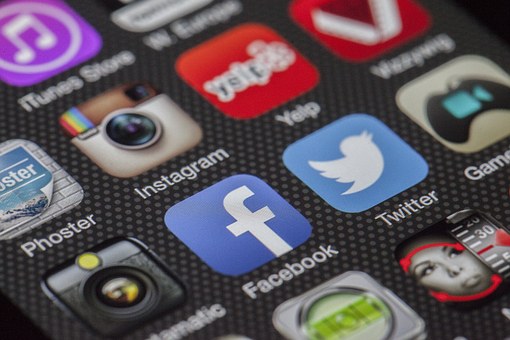 Facebook and Twitter fuel iPhone and BlackBerry addiction, says Ofcom.
Facebook and Twitter fuel iPhone and BlackBerry addiction, says Ofcom. 
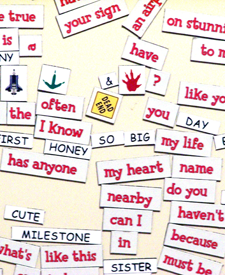



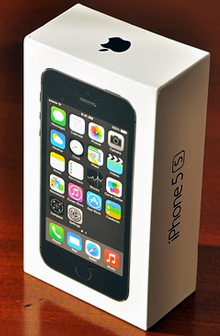 Buying a mobile phone
Buying a mobile phone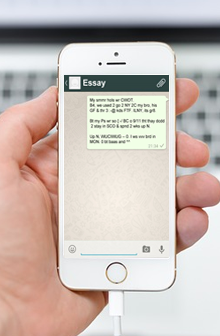 My smmr hols wr CWOT. B4, we used 2 go 2 NY 2C my bro, his GF & thr 3 :-@ kds FTF. ILNY, its gr8.
My smmr hols wr CWOT. B4, we used 2 go 2 NY 2C my bro, his GF & thr 3 :-@ kds FTF. ILNY, its gr8.
 Introduction
Introduction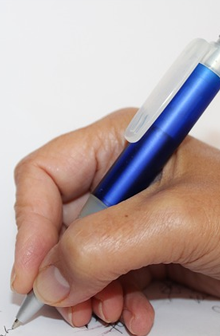 Tips for writing
Tips for writing
 Past Perfect Party
Past Perfect Party Writing about mobile phones
Writing about mobile phones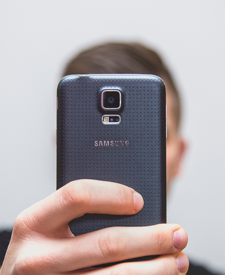 Best phone 2016: the 10 top smartphones we've tested
Best phone 2016: the 10 top smartphones we've tested

